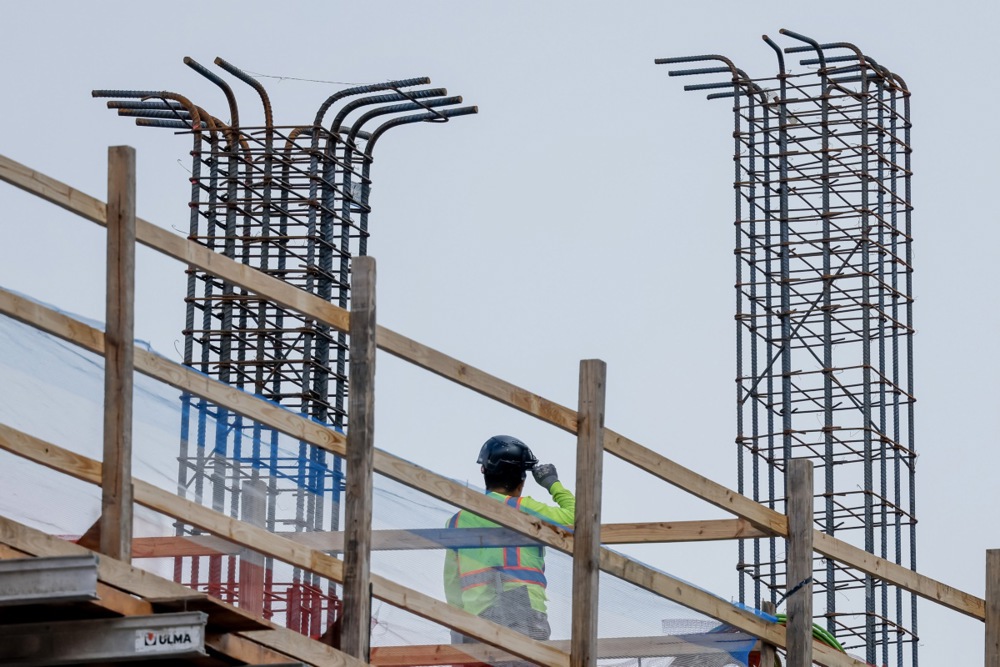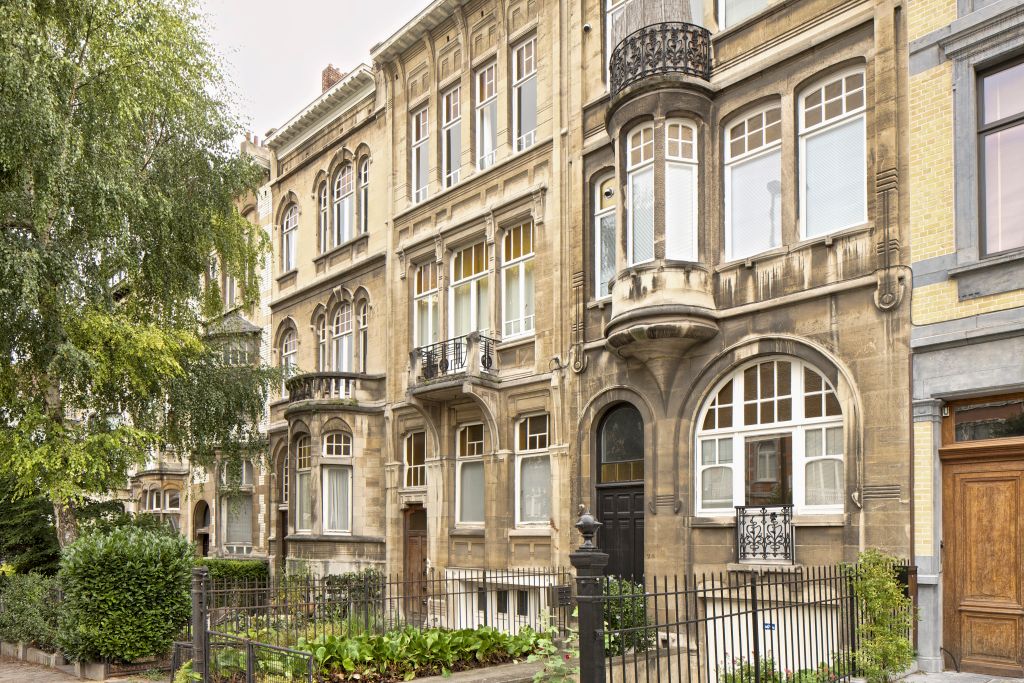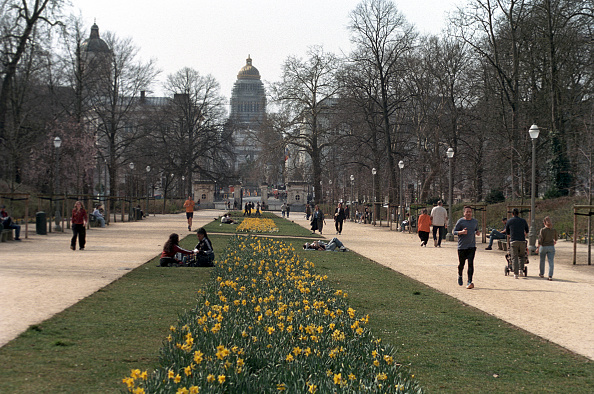The region of Brussels has asked the European Union for cash to cover unexpected costs of redevelopment works around the Schuman roundabout, home to most EU institutions.
The Brussels-Capital Region asked the European Union for financial help, Belgian daily La Libre reported on June 12.
In an official letter to European Commission President Ursula von der Leyen and other senior EU officials, the regional government wrote it “requests a joint contribution” to the project. The site is located at the heart of the EU quarter, where the EC, European Parliament, European Council and diplomatic services converge.
In response, Belgian Prime Minister Bart De Wever said the request should be ignored.
According to La Libre, De Wever reportedly contacted von der Leyen and European Council President António Costa urging them to disregard the request.
The Brussels local authorities said around €3 million in cost overruns for the Schuman redevelopment would fall on the Brussels-Capital Region alone, as the federal government was not involved.
The exact amount requested from the EU was not disclosed in the letter.
The key bone of contention was a striking canopy structure, intended to anchor the redesign of Schuman as a pedestrian-friendly space with cycle lanes and greenery. The regional government wrote that it was unable to commit the additional funds needed to complete it.
In early 2024, the EU had indicated it would not co-fund the project. An initial €17.4 million sum was downgraded from a grant to a repayable loan after Belgium’s funding allocation under the EU Recovery Plan was cut. That left Belgian authorities responsible for the entire €25 million redevelopment cost.
Now, the Brussels-Capital Region has appealed to the five EU institutions headquartered in the area to co-finance the final stretch. That plea, though, came amid mounting financial pressures and a political vacuum.
A year after regional elections in June 2024, Brussels still lacks a new government. The local institutional set-up was notoriously complex, with separate electoral colleges for Dutch and French-speaking parties.
Now divergent election results and gains by radical parties on both sides have stalled coalition talks.
Rudi Vervoort has remained in office as Minister-President since 2019 while an agreement for the 2024 elections government was found. He told von der Leyen the ongoing political paralysis was making it impossible to guarantee funding.
“The precarious budgetary situation of the Brussels-Capital Region, combined with the absence of a fully mandated new government, jeopardises the project unless further financing can be rapidly secured,” he wrote.
The Brussels government crisis was not to be confused with the wider Belgian one.
Belgium holds the record for the longest time taken for a government formation in peacetime — 541 days after the 2010 elections.
This time, it took 234 days but a new federal government has been fully operational since February 2025.





